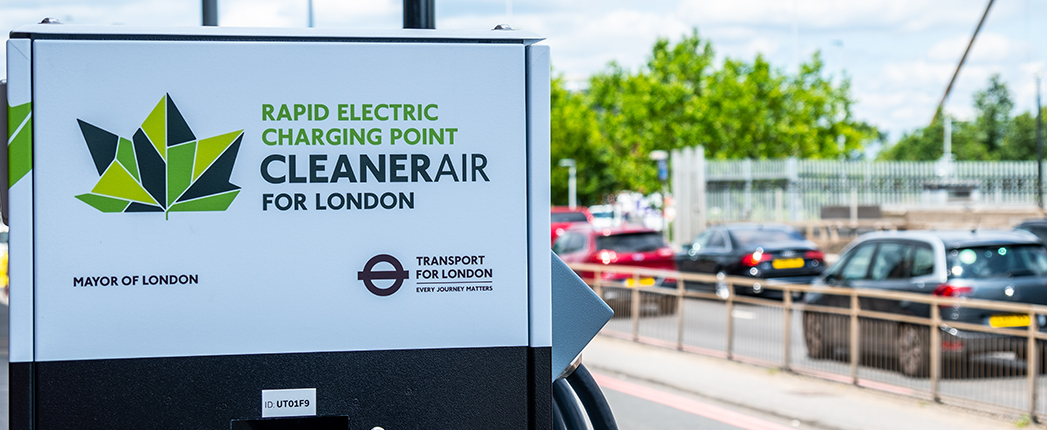
Charging infrastructure installation is failing to keep pace with electric vehicle growth and could scupper the European Union’s 2050 emissions target, warns the European Automobile Manufacturers’ Association, or ACEA. To make up the shortfall, an average 14,000 new public charge points need to be installed per week by 2030.
According to ACEA, plug-in vehicle sales in Europe have increased tenfold over the past five years, reaching 1.7 million units in 2021 and equating to market share of 18%. In the same period, the number of public charge points grew by two and a half times.
A cross-industry EV charging masterplan based on analysis by consultancy McKinsey estimates up to 6.8 million public charging points are needed across the EU by 2030. This figure would sustain the projected 47.5 million plug-in passenger and commercial vehicles on the road by the end of the decade at a ratio of seven vehicles per charger. It would also help the bloc reach its proposed 55% CO2 reduction target for transport.
The EU is striving for Europe to be the world’s first climate-neutral continent by 2050, and transport is a major contributor to greenhouse gas emissions. Unlike other sectors, emissions from transport has grown rather than declined.
“This means that up to 14,000 public charging points for all vehicle segments would need to be installed EU-wide every week – compared to under 2,000 per week currently,” ACEA said in a press release.
McKinsey’s estimate for the rate at which charge points should be installed is almost twice that put forward by the European Commission’s proposed Alternative Fuels Infrastructure Regulation, which is currently under discussion in the European Parliament and the European Council.
“The transition to zero is a long-term race,” ACEA President and CEO of BMW Group Oliver Zipse said in the association’s press release. “The key challenge now is to convince all member states to pick up the pace in deploying the required infrastructure. We absolutely need an ambitious conclusion of the AFIR proposal, both in terms of its timing and the targets it sets for each EU country.”
Although sizeable investments will be required at the outset, these represent just a fraction of the total investments into comparable infrastructure projects and could bring greater environmental benefits. McKinsey estimates that the annual cost for public charging infrastructure is €8 billion, around 16% of the investment into the 5G and high-speed internet networks, ACEA said.

Sorry, a technical error occurred and we were unable to log you into your account. We have emailed the problem to our team, and they are looking into the matter. You can reach us at cs@lubesngreases.com.
Click here link to homepage